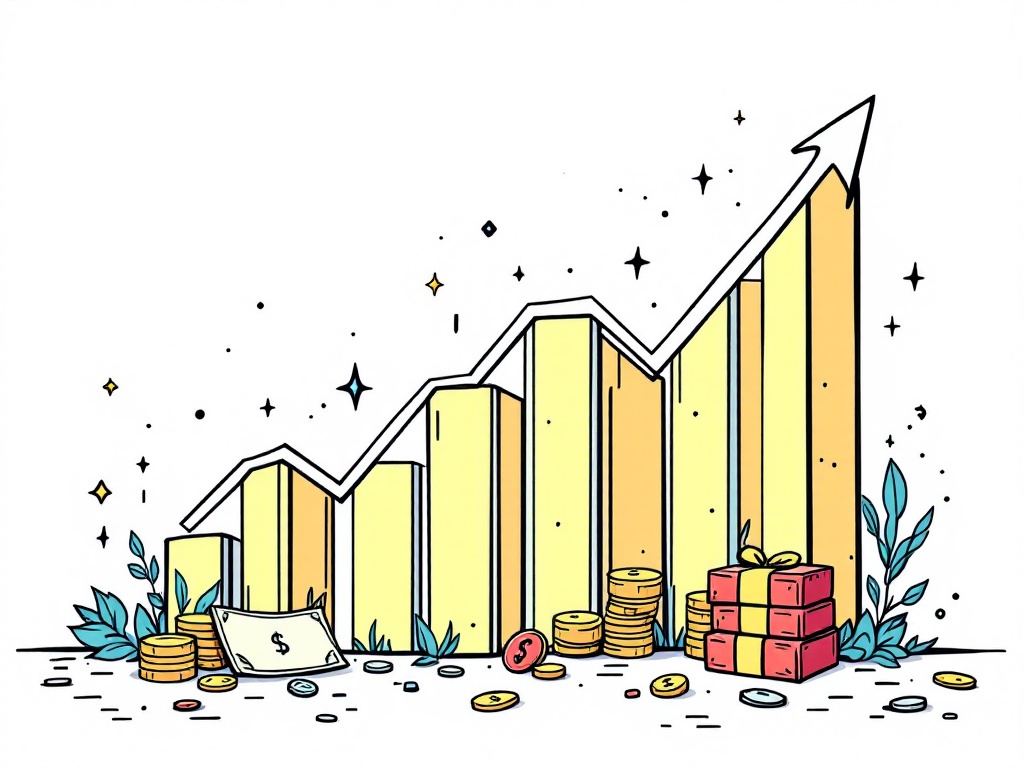Nasdaq Surges as U.S.-China Announce Tariff Pause

New York, Monday, 12 May 2025.
Nasdaq Composite surges over 20% from its low, driven by optimism following a U.S.-China tariff pause, potentially marking the shortest bear market since 2020.
Nasdaq Exits Bear Market
On May 12, 2025, the Nasdaq Composite officially exited bear market territory, driven by a significant rally in the stock markets following news of a temporary tariff pause between the United States and China. The index rose over 21% from its low on April 8, 2025, marking a reversal from its prior decline. Market analysts attribute this rapid turnaround to investor optimism over the potential easing of U.S.-China trade tensions, fostering an environment more conducive to growth for tech stocks [1][2].
U.S.-China Tariff Pause
The announcement of the tariff pause came after negotiations in Geneva, Switzerland, where officials from the U.S. and China agreed to suspend a significant portion of their respective tariffs for a period of 90 days beginning on May 11, 2025. This ceasefire is part of broader trade discussions aimed at resolving ongoing economic disputes that have led to financial market volatility over the past month. The reduction in tariffs is expected to alleviate some of the pressure on both nations’ economies and reduce the likelihood of further market disruptions [3][4][5].
Impact on Global Markets
The impact of the tariff pause was immediately felt across global markets, with the Dow Jones and S&P 500 also exhibiting significant gains. The Dow rose over 975 points while the S&P 500 jumped 2.7% on news of the eased trade tensions. The volatility index, which gauges market uncertainty, fell below 20 for the first time in weeks, signaling a reduction in market fears. Analysts suggest that the trade truce could pave the way for a more stable economic outlook worldwide if the parties continue moving toward a comprehensive agreement [1][4][6].
Future Outlook
While the current relief stems from a halt in escalating tariffs, the future of U.S.-China economic relations remains uncertain. Should the negotiations yield a more permanent agreement, it could bolster market confidence and lead to sustained economic growth. However, President Trump has warned that tariffs could increase ‘substantially higher’ should talks stall or fail to produce a final deal. Therefore, investors remain cautious, recognizing the fragility of the current optimism [6][7].
Sources
- www.barrons.com
- www.marketwatch.com
- www.nytimes.com
- www.cnbc.com
- www.nasdaq.com
- fortune.com
- www.nasdaq.com